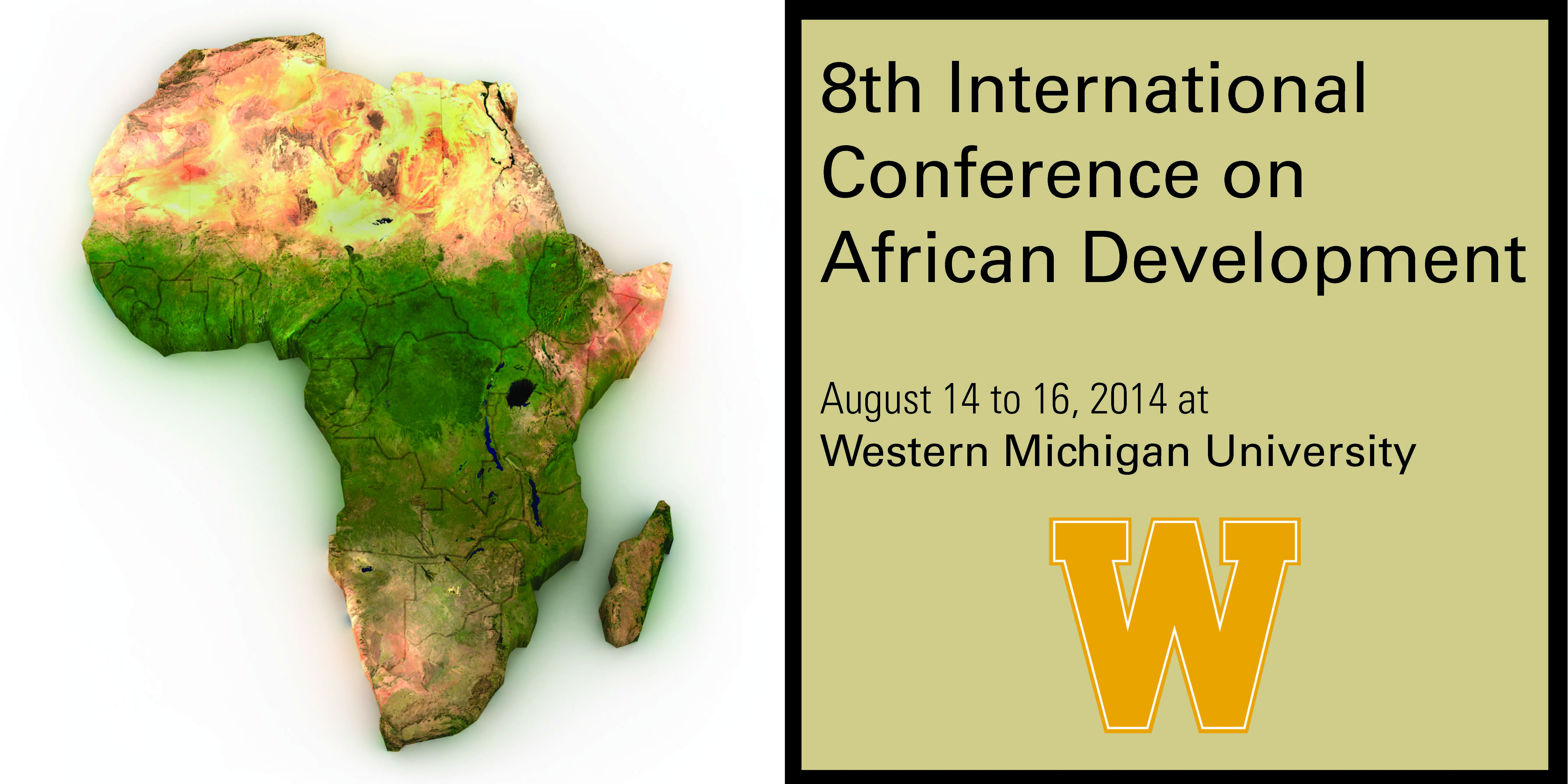
Can Mobilizing Civil Society Accelerate Development? A Look at Experiences from Ethiopia and Other African Nations
Presenter's country
United States
Start Date
August 2014
End Date
August 2014
Submission type
Presentation
Abstract
Vital resources that inhere in civil societies and other social groups continue to remain little used because of the mal-distribution of power in the social structures of developing countries. Ethiopia, for one, has failed to make good on these resources because of the tradition of intransigence ingrained in the workings of successive states. The objective of this paper is to examine some of the problems that are entrenched in the essential processes of maximizing readily available resources in such countries. The paper explores the potential resources - agency (the individual), the family and civil society – as the basic inputs that may be gainfully employed to achieve a degree of advancement in emerging countries. These critical social structural arms of society continue to be marginalized from the task of actively contributing to development. This imbalance in the management of development, according to a number of social theorists, is injurious to change and progress. The active participation of people along with the state expedites the development process. But domination stymies it. Many social theorists go along with this assertion. Could this modality, however, be used more in countries such as Ethiopia to speed up development? This is a challenge question that needs explaining. This short paper aims at generating data that would give some clue to the merits of partnering between the state and civil societal and other social groups to achieve a higher level of development.
Keywords
civil society, social structures, development
Can Mobilizing Civil Society Accelerate Development? A Look at Experiences from Ethiopia and Other African Nations
Vital resources that inhere in civil societies and other social groups continue to remain little used because of the mal-distribution of power in the social structures of developing countries. Ethiopia, for one, has failed to make good on these resources because of the tradition of intransigence ingrained in the workings of successive states. The objective of this paper is to examine some of the problems that are entrenched in the essential processes of maximizing readily available resources in such countries. The paper explores the potential resources - agency (the individual), the family and civil society – as the basic inputs that may be gainfully employed to achieve a degree of advancement in emerging countries. These critical social structural arms of society continue to be marginalized from the task of actively contributing to development. This imbalance in the management of development, according to a number of social theorists, is injurious to change and progress. The active participation of people along with the state expedites the development process. But domination stymies it. Many social theorists go along with this assertion. Could this modality, however, be used more in countries such as Ethiopia to speed up development? This is a challenge question that needs explaining. This short paper aims at generating data that would give some clue to the merits of partnering between the state and civil societal and other social groups to achieve a higher level of development.

